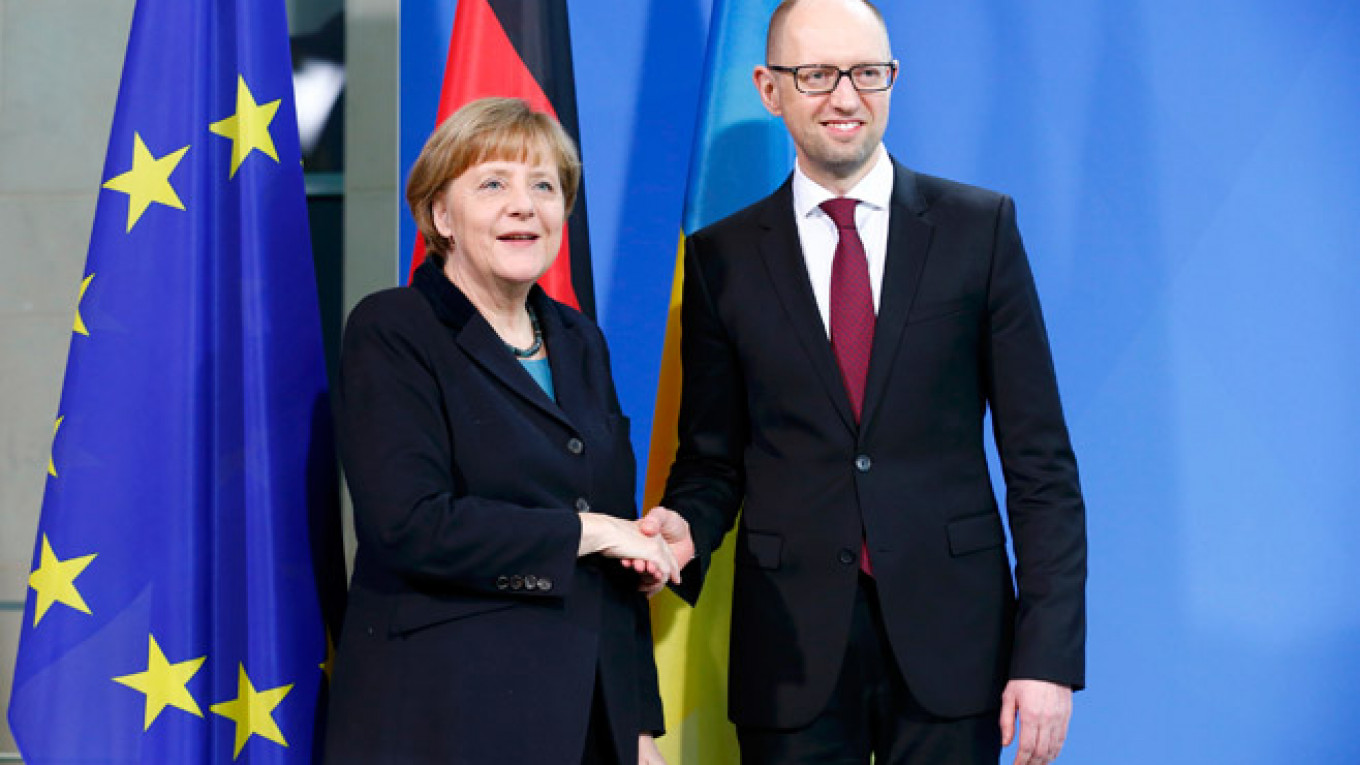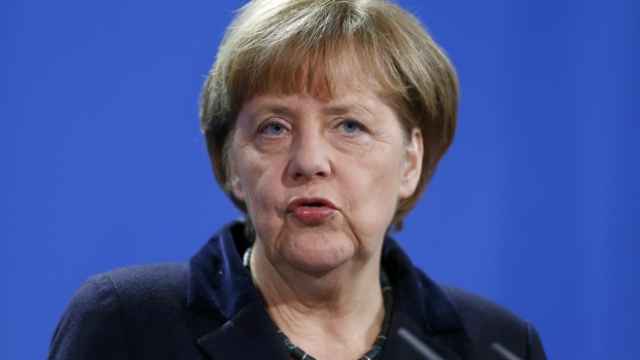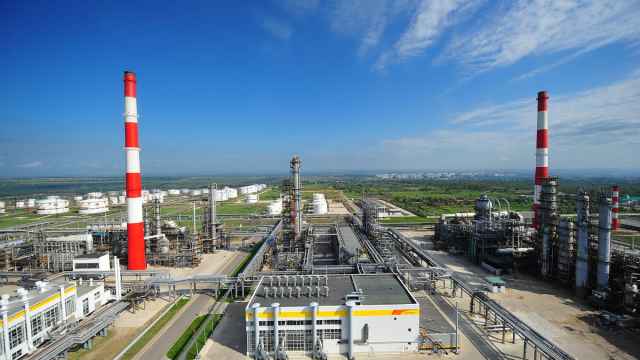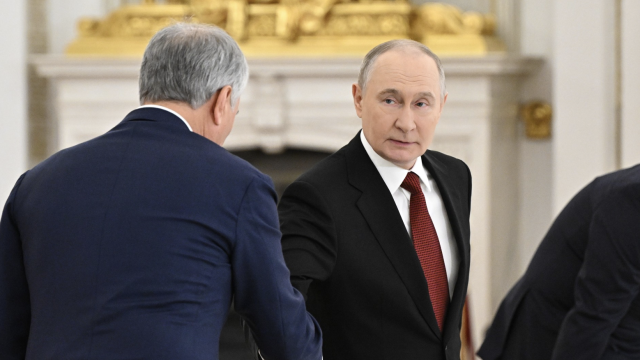German Chancellor Angela Merkel told Russian President Vladimir Putin on Saturday that a four-way summit to discuss the situation in eastern Ukraine would not take place until there was real progress on the peace plan agreed in Minsk.
German government spokesman Steffen Seibert said in a statement after the phone call between the leaders that Merkel welcomed Russian efforts to find a solution to the crisis.
Putin underlined the need to observe a cease-fire and "to support the economic recovery of the affected regions in southeastern Ukraine," the Kremlin said in a statement.
It said both sides confirmed their intention to promote a peaceful settlement in Ukraine.
However, the chancellor told Putin that a summit by leaders from France, Germany, Russia and Ukraine in Kazakhstan's capital Astana or another city could not be confirmed at this stage, Seibert said.
Ukrainian President Petro Poroshenko has invited the leaders of Russia, France and Germany to talks in Astana on Jan. 15 in an attempt to restore peace.
But Germany and France have already raised doubts about whether such a four-way summit can take place without further progress on the peace plan agreed in the Belarussian capital in September.
The foreign ministers of France, Germany, Russia and Ukraine are meeting in Berlin on Monday to discuss the situation in eastern Ukraine and the implementation of the 12-point protocol.
Merkel's spokesman said the chancellor told Putin that all sides needed to make their contribution to implement the peace plan. "That includes that Russia uses its influence on the separatists in order to reach consensual solutions," he said.
In a separate phone call, Merkel discussed the situation in Ukraine also with Poroshenko, the spokesman said.
A four-way summit would only make sense if there were a substantial improvement on important points like a cease-fire and a demarcation line between the Ukraine-Russia border, Merkel told Poroshenko, according to the statement.
More than 4,700 people have been killed in fighting between Kiev's forces and pro-Russian rebels in eastern Ukraine since last April. The conflict has provoked the worst crisis in relations between Russia and the West since the Cold War.
A Message from The Moscow Times:
Dear readers,
We are facing unprecedented challenges. Russia's Prosecutor General's Office has designated The Moscow Times as an "undesirable" organization, criminalizing our work and putting our staff at risk of prosecution. This follows our earlier unjust labeling as a "foreign agent."
These actions are direct attempts to silence independent journalism in Russia. The authorities claim our work "discredits the decisions of the Russian leadership." We see things differently: we strive to provide accurate, unbiased reporting on Russia.
We, the journalists of The Moscow Times, refuse to be silenced. But to continue our work, we need your help.
Your support, no matter how small, makes a world of difference. If you can, please support us monthly starting from just $2. It's quick to set up, and every contribution makes a significant impact.
By supporting The Moscow Times, you're defending open, independent journalism in the face of repression. Thank you for standing with us.
Remind me later.






